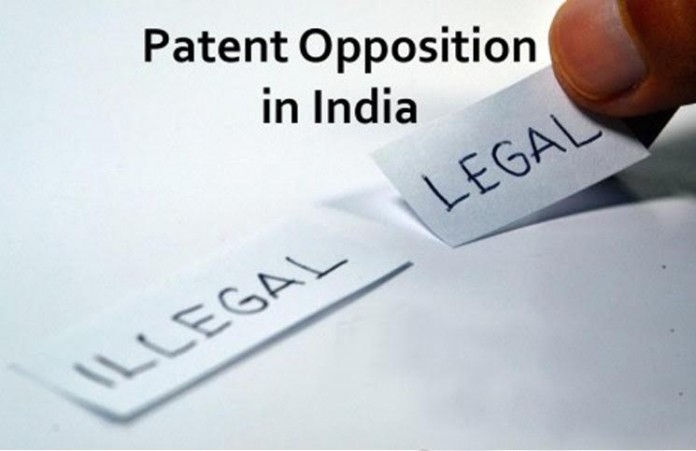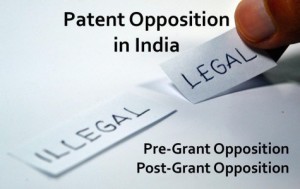In this blog post, Tanvi Amlani, a student of GGSIP University, who is currently pursuing a Diploma in Entrepreneurship Administration and Business Laws from NUJS, Kolkata, discusses the concept of post-grant opposition of patent in India along with the laws that concern it.
Patents: Introduction
A patent is a government authority or a license which is granted to the originator for his creation generally for a specific period. This is a special exclusive right which is conferred as a privilege to the holder giving him or her the status of an inventor and prohibiting others to make use of the creation as their own.
Patents are attached with special public disclosures of the invention and come under the category of intellectual property. Laws regarding patents are wide and vary according to the national laws of the sovereign states in addition to the international agreements which define the extension and limits of various kinds of intellectual property rights.
Origin and Purpose of the Patent Law
Patents are granted to individuals who create new and useful products, designs, ideas and many other innovations which are new and distinguished to the society. They may include non-obvious inventions which may prove useful to the society.
There are certainly highlighted benefits which are granted by law to the patent holders in general such as:
- Patent holders get dominance and authority over the creation which is originated by them and thus given an exclusive privilege regarding the same.
- Patents promote Research and Development.
- They result into the disclosure of imminent creations by individuals into the public domain and thus in furtherance of common good.
- It is beneficial to small time inventors.
- Issuing patents promote healthy competition among market players and help in the formation of a dynamic society. It can be said to be based on the principles laid down by the SEBI Act, 1994 and also The Competition Act 2002.
Keeping in mind the true spirit of patent law, patents being an exclusive right which confers special privilege must be granted only to inventors who truly deserve it.
Opposition Rules in Patent Law
The history of patent law in India starts from 1911 and with more advancement in the field due to technological advancements; the law in the year 2005 brought into its ambit almost all the required fields such as food, chemicals, drugs, and microorganisms.
After the amendments, a few provisions were repealed, and certain additions were made such as those enabling the grant of compulsory license. The provisions relating to pre and post grant oppositions laws were also added.
Understanding Pre-grant and Post-grant Opposition in Patent Laws: Two-Tier System of Opposition Laws
The term ‘post’ itself explains the meaning of the above-stated phrase. It reveals that the opposition or objection should be after the grant of the patent under this head. This is contradictory to what is termed as pre-grant opposition. The major difference between the two is the timing at which they are permitted to be claimed and also the person by whom such opposition is brought into consideration with respect to the concerned patent.
Any interested person may submit an objection to the patent delivered to the holder within 12 months of the grant of opposition. There is a special class of people who come under this category of interested persons such as those engaged in, or in promoting, research in the same field to which the invention relates. The interest must be commercial in nature and a reasonable, valid interest.
Section 25(2) of the Indian Patent Act, 1970 declares the grounds acceptable to approve post-grant opposition:-
- Attainment of patent rights through wrongful means such as obtaining the knowledge of original creations by deceiving the creator.
- Prior publications.
- Prior claims attached to the patents already obtained.
- Prior public knowledge and usage.
- Lack of innovation.
- Exceptions stated under some section.
- Imitation of already published work.
- Insufficient disclosures regarding inventions of the same category filed in foreign countries.
- Late filing of the application.
- Anticipated invention.
Conclusion
The pre and post grant opposition laws in patents provides a strong and zero error two tier system of opposition proceedings under patents law. The latter works as an additional filter resulting in optimum security to the original creator and protects the inventor from frivolous claims.
 Serato DJ Crack 2025Serato DJ PRO Crack
Serato DJ Crack 2025Serato DJ PRO Crack













 Allow notifications
Allow notifications


